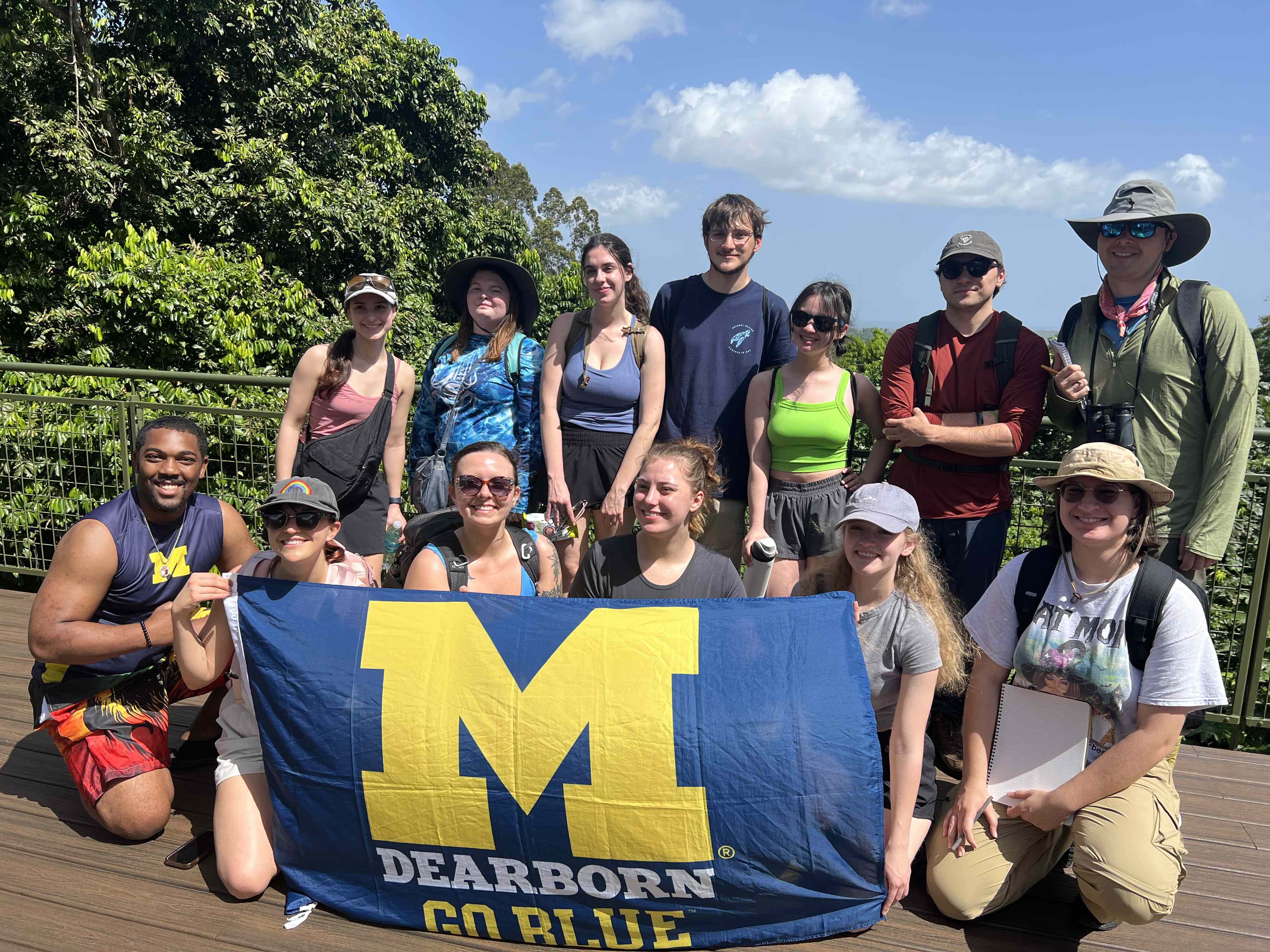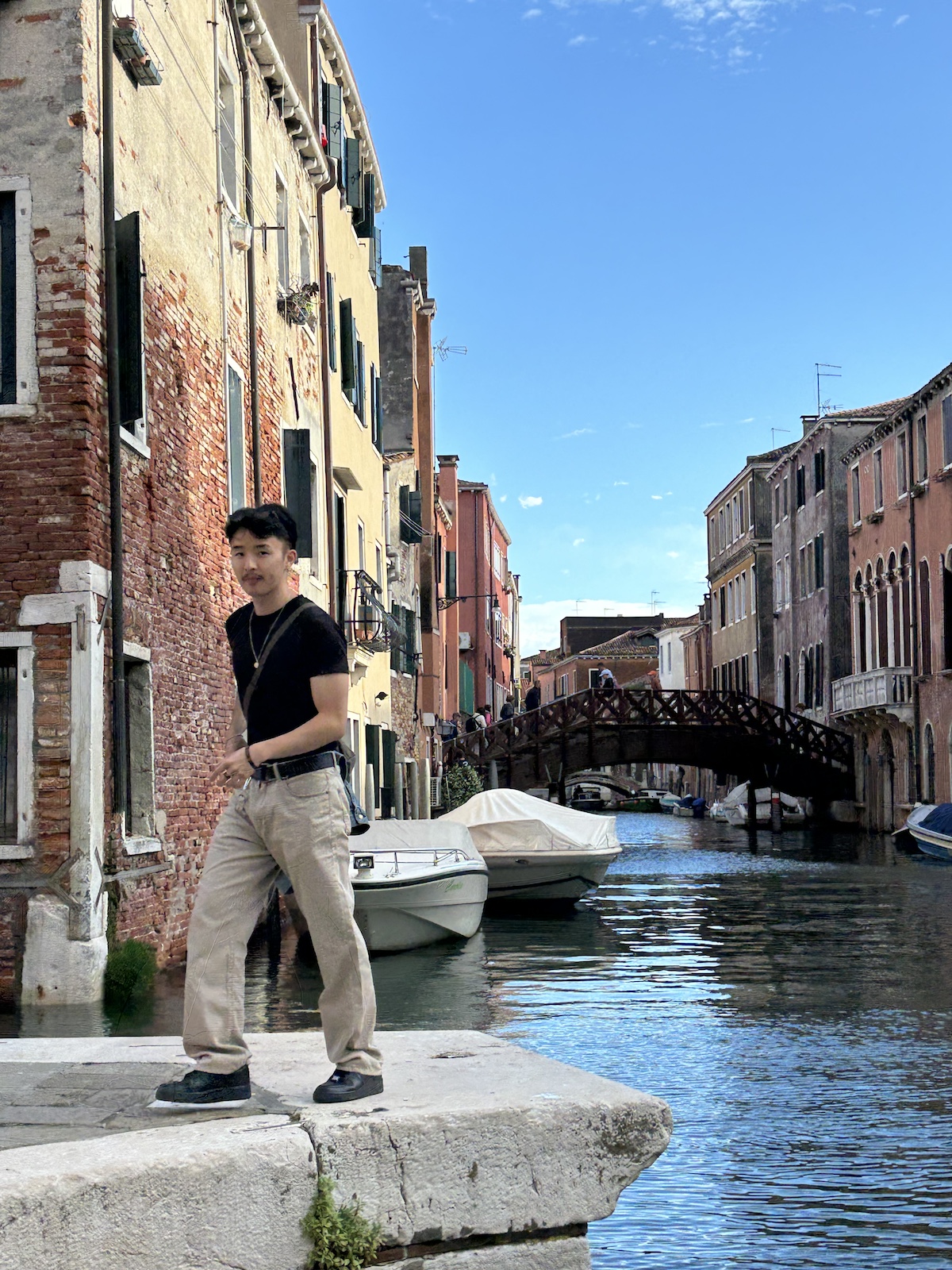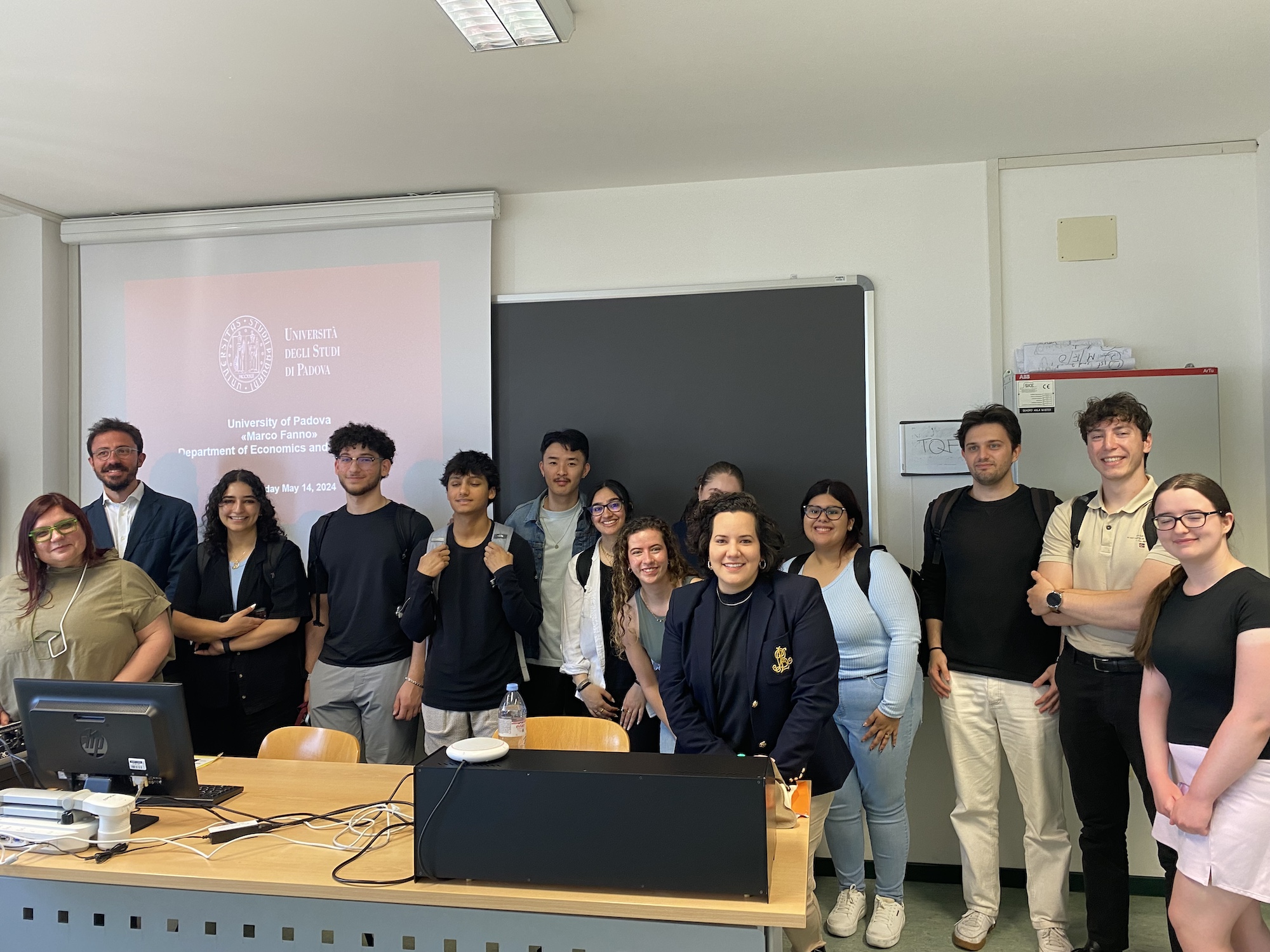Puerto Rico
Christian Cannon graduated from UM-Dearborn in spring 2024 with a BS in environmental science and a minor in business management. He’s currently working as a clean energy business development intern at Walker-Miller Energy Services, one of the largest Black, woman-owned energy firms in the United States. Before he started his position, he traveled to Puerto Rico, thanks to financial support from the Go-Global Guarantee program.
"I've actually been aware of the study abroad program for a while, but I didn't have the financial ability to do it in the past," Cannon says. As a rising senior, Cannon reached out to Geology Professor Jacob Napieralski to inquire about an upcoming environmental field course to Puerto Rico and what it would take for him to attend it. “I was able to afford the cost of the trip thanks to the generous Go-Global Scholarship," Cannon says.
Cannon says he enjoys traveling with his wife, and has previously spent time in Mexico, Jamaica, Belize. He’s also and has conducted solar installation projects in Nepal when he served as co-president of U-M’s GRID Alternatives Students for Sustainable Energy.
During his nine days in Puerto Rico, Cannon and his team joined University of Puerto Rico Physical Science and Geology Professor Pablo Llerandi-Roman and his team of researchers in the field, learning about rare wildlife like fluorescent insects and Puerto Rico’s national animal, the Coqui frog. They also had the opportunity to visit Sandra Farms, one of the largest family-owned sustainable coffee farms in the country. "They gave us a VIP experience from start to finish," Cannon says, which included tasting several varieties of the Adjuntas-grown hand-picked coffee with the owners of the estate. Adjuntas is a small mountainside town in the territory.
His field experience in Puerto Rico also emphasized for Cannon the ways that habitats are affected and endangered by climate change. "I think that anybody that travels internationally, you see how integrated we are globally," Cannon says. "The one thing I noticed as a common issue is that the natural environment and landscape in these areas are increasingly being destroyed by human activities like pollution, deforestation and other consequences accumulating to higher levels of global warming. Reducing our carbon footprint and addressing the causes of climate change is a global concern that demands a unified effort, with proactive solutions from every individual.”
Throughout his study abroad experience, Cannon packed a lot into his nine days on the islands. "Our environmental field course in Puerto Rico focused on observing the overall regional geology, studying the ecology of subtropical environments, conducting coral reef health assessments, and identifying environmental hazards," he says. Cannon and other students in his cohort served as scientific researchers, engaging in everything from "climbing the mountains in the El Yunque National Rainforest to swimming with endangered species like sea turtles in the ocean."
Cannon plans to build on his experience in Puerto Rico as he begins his career as an environmental scientist in the clean energy industry. He also hopes to collaborate with UM-Dearborn's Natural Sciences Department to develop a similar study abroad fieldwork course in Belize.
"Belize is home to the world’s largest living coral reef system, which serves as a vital model of sustainability and conservation," Cannon says. "The country’s efforts in preserving this natural wonder highlight how strategic environmental management can protect biodiversity while supporting local economies and combating climate change."








